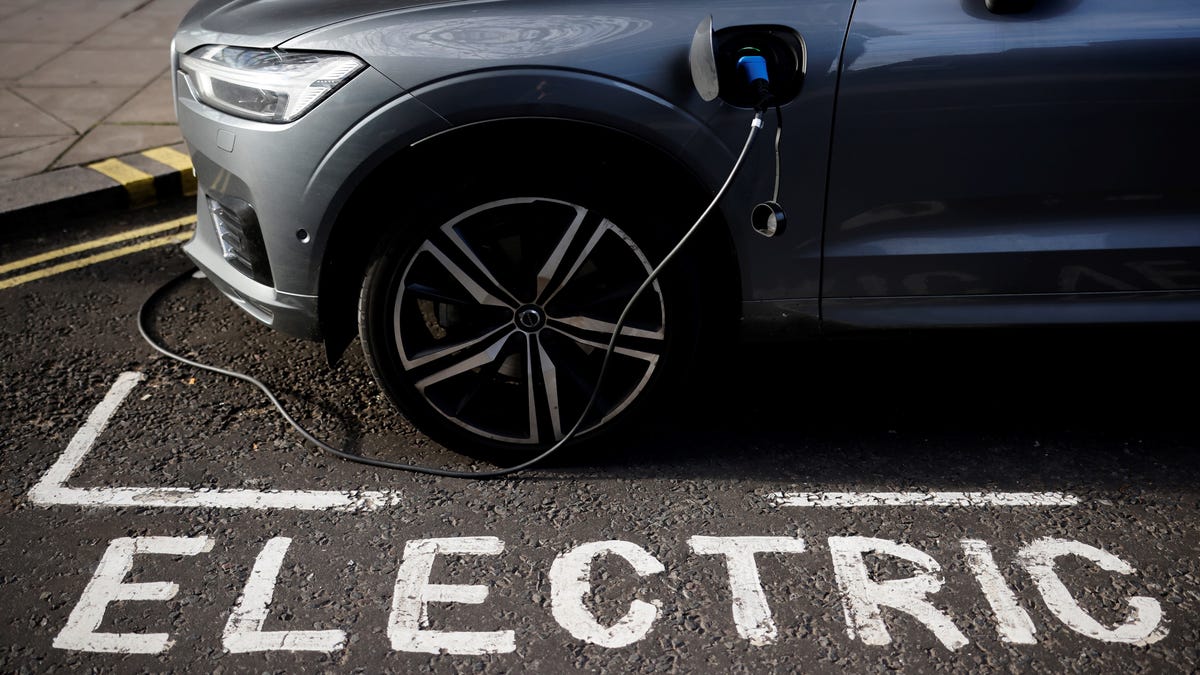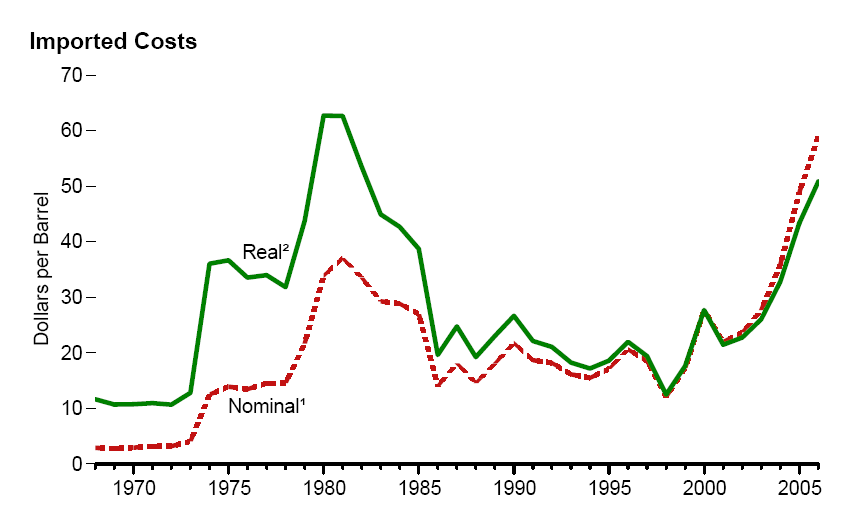wemay
Site Donor 2023
Jalopnik: A Huge Chunk Of America Is Getting A New Electric Car Charging Network.

 jalopnik.com
jalopnik.com

A Huge Chunk Of America Is Getting A New Electric Car Charging Network
We’ve been jealous of Europe’s burgeoning electric car charging infrastructure for a while now but the U.S. is finally getting some of that sweet, sweet infrastructure of our own with six American utilities across the South and the Midwest announcing a new EV charging network called the...
 jalopnik.com
jalopnik.com


